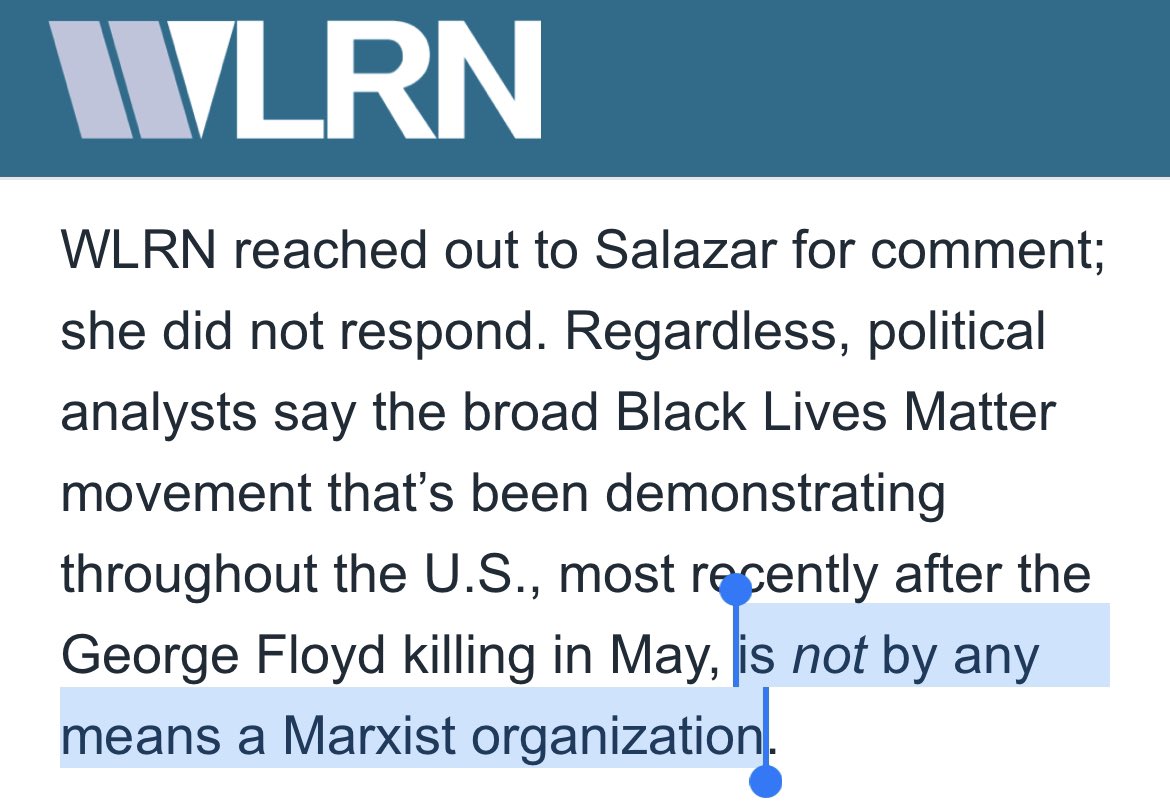
I was on the road yesterday and am catching up with the strong reactions to David’s essay.
The gist of his argument is: past racist laws can have intergenerational impacts; we should address this; and we should use tools beyond Scripture to do so.
The gist of his argument is: past racist laws can have intergenerational impacts; we should address this; and we should use tools beyond Scripture to do so.
https://twitter.com/DavidAFrench/status/1419306322718248961
I struggle to see why some are so upset by this.
The first point is plainly obvious. Good people can disagree on the levels of the intergenerational impact vs. culture today, but if your parents and ancestors were the targets of legal discrimination, of course it can affect you.
The first point is plainly obvious. Good people can disagree on the levels of the intergenerational impact vs. culture today, but if your parents and ancestors were the targets of legal discrimination, of course it can affect you.
Does this alone explain inequality in outcomes? I don’t think so, but @DavidAFrench doesn’t suggest it does in this essay.
Should we do something about it? I think so, but I approach it differently.
We have an affirmative responsibility to help the poor. Most people agree here.
Should we do something about it? I think so, but I approach it differently.
We have an affirmative responsibility to help the poor. Most people agree here.
Poverty levels are higher in minority communities (we can argue causes but that’s just a fact). So, if you’re in the business of helping the poor, you will help a lot Black and Brown people.
How can we best help the poor? @DavidAFrench, like most conservatives, has some ideas:
How can we best help the poor? @DavidAFrench, like most conservatives, has some ideas:
1) Scripture.
2) Mediating institutions (non-profits, foundations, etc.).
3) Limited government actions, like school vouchers.
None of this, including recognizing that past bad laws can have intergenerational impacts, is “CRT.” It’s garden-variety conservatism.
2) Mediating institutions (non-profits, foundations, etc.).
3) Limited government actions, like school vouchers.
None of this, including recognizing that past bad laws can have intergenerational impacts, is “CRT.” It’s garden-variety conservatism.
• • •
Missing some Tweet in this thread? You can try to
force a refresh







